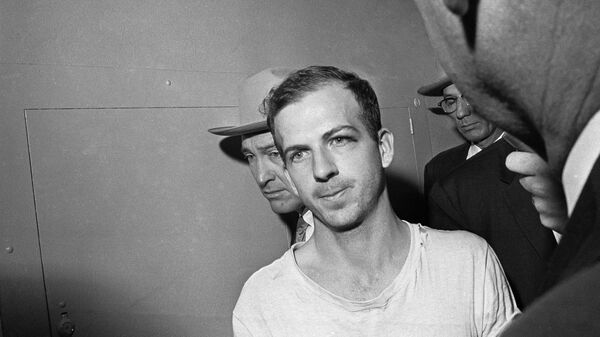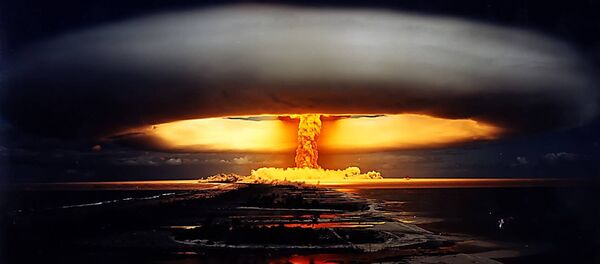MOSCOW (Sputnik) — Yury Nosenko, a former KGB agent who had previously claimed to have handled the Soviet security agency's case of Lee Harvey Oswald, the former US marine who is thought to be US President John F. Kennedy's killer, had never even heard of the case before the assassination, the latest release of previously classified files by the US National Archives revealed.
The document in question is a report on a polygraph test taken by Nosenko and is part of the batch of 13,213 documents, published on Thursday, following three previous installments released this year.
"Subject [Nosenko] heard of Oswald (as a case) only after Kennedy's assassination, however, he was not an active participant in 1963 as he indicates, but was probably briefed on the case by a KGB officer," the document, dated October 25, 1966, said.

The polygraph exam also showed that Nosenko, who defected to the United States in 1964 and died there in 2008, was not personally involved in the "Oswald case" from 1959, when the former marine was in the Soviet Union, and that he had been given instructions by the KGB as to what to tell US authorities about the case. Nosenko's alleged association with the case was aimed at building his cover story.
Oswald went to the Soviet Union in 1959 and reportedly wanted to stay, but ultimately returned to the United States in 1962.
READ MORE: JFK Files Reveal Oswald's Link to CIA ‘Unfounded'
President Kennedy was assassinated in Dallas on November 22, 1963. Several investigations came to the conclusion that the shots were fired by Oswald, who was arrested shortly after the murder. Two days later, he was shot by Jack Ruby, an owner of a club in Dallas, while being escorted to a car that was supposed to take him to a county jail. A large number of conspiracy theories striving to explain the assassination of Kennedy and the murder of Oswald have emerged in the decades since the events took place.
Most of the documents has previously been made public, however, President Donald Trump ordered remaining material released after a review of proposed redactions, primarily to protect identities of individuals mentioned.



